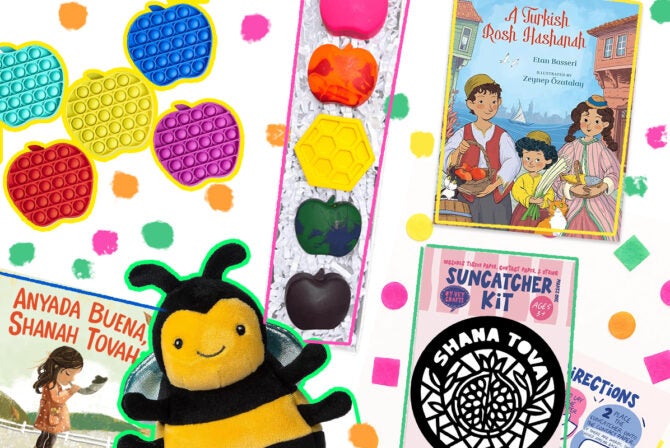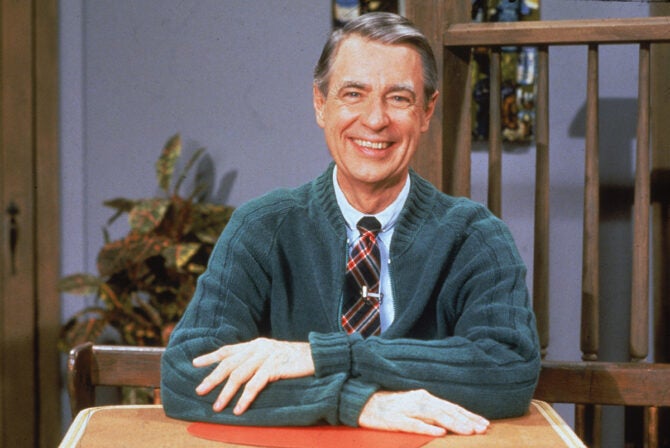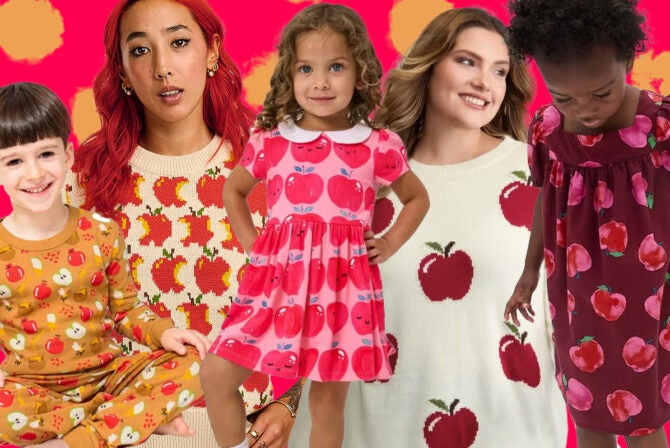In the summer of 1977, I turned 13 with a mouth full of braces and feathered hair. Fleetwood Mac’s “Rumors” and The Eagles’ “Hotel California” ruled the radio, and I was a “Dancing Queen.” Most of my Jewish friends had already celebrated or prepared for their bar and bat mitzvahs.
Not me.
My mother, raised Orthodox, didn’t have a bat mitzvah, so neither did I. Instead, I sat on the sidelines as a guest at many country clubs and roller rink parties. Don’t get me wrong, I didn’t mind not going to Hebrew school, but I did feel a little left out. And while I’m sure my friends thought I was lucky not to have to endure it, the grass is always greener. But I still wondered what could have been.
Fast forward 43 years.
Plans were underway for my son Jack’s impending bar mitzvah, and he had a lot to say.
“I don’t think I want a bar mitzvah anymore,” he shockingly said while sitting at the dinner table.
“Why?” I calmly asked him.
“I don’t know; I just don’t,” he replied.
This out-of-left-field, typical teenager declaration made no sense to me, especially since he’d been a religious school regular since kindergarten. He seemed adamant in his decision, but I was unwavering, too. This wasn’t negotiable.
So began a series of conversations known as we’re-not-going-to-talk-about-not-having-a-bar-mitzvah-today. This continued for several months. As I saw it, a bar mitzvah is a monumental rite of passage for Jewish children as they begin their journey to Jewish adulthood. My father, whom I would never have characterized as a religious man, even had one, albeit the shortest Haftarah on record, or so he always told me. My husband had one, too, so naturally, we would carry the tradition on with Jack. Honestly, I didn’t want Jack to sit on the sidelines and have any of the regrets I had for not participating in this milestone celebration.
“You know, Jack, having a bar mitzvah isn’t negotiable,” I explained. “It’s a big deal for you and our entire family.”
“OK, I’ll have it,” he finally conceded, “but on one condition.”
“What’s the condition?” I cautiously asked. I needed to tread lightly on such a statement, seeing Jack had allusions of grandeur when it came to asking for things.
“I’ll do it if you have a bat mitzvah with me,” he said.
After letting his request sink in, I pressed him on this colossal condition he bestowed on me. “Are you sure this is what you want?”
“Mom, you never had a bat mitzvah, and I think it would be cool if we did it together,” he said.
Wow, I didn’t see that coming.
After I agreed, I contacted our rabbi and asked whether this was possible. He was thrilled at the thought of me finally becoming a bat mitzvah alongside my son.
Now the real fun began for me. Since I never attended Hebrew school, I never learned the language. I enlisted the help of a tutor to not only help me prepare my Torah portion but teach me Hebrew. Trust me, the saying “teaching an old dog new tricks” proved remarkably accurate.
The tutor worked miracles and helped me quickly master Hebrew letters and phrases. After about six months, I memorized my Torah portion and all the prayers. Jack also became my teacher. “Mom, you need to practice more on your pronunciation,” he’d say to me.
I often recalled attending High Holiday services as a child during this process. While I loved all the songs and melodies and, eventually, memorized the words, I always felt disconnected and lost, not understanding the language. I looked forward to now being able to follow along in the prayer book properly.
As parents, you can’t “talk the talk” if you haven’t “walked the walk.” I never fully understood Jack’s hesitancy in standing before family, friends and the congregation to read from the Torah and recite prayers. However, sharing this experience with him gave me valuable insight into his initial reservations. It helped me understand his anxieties, which were now mine. I also realized why these milestones happen early in life — mainly due to not having to wear reading glasses to see the Torah.
On the day of the big event, I proudly watched Jack perform his prayers and Torah portion flawlessly and demonstrate maturity and poise as he gave his speech. In the end, he was happy I pushed him to follow through, especially knowing he wasn’t alone.
Me? Well, I didn’t throw up, something I thought might happen. My voice cracked twice, once when I gave my speech to Jack and once when I started to read my Torah portion, making me sound like a 13-year-old whose voice was changing. But I did it! I could now declare, “Today, I am a woman,” albeit 43 years later. It was a fantastic experience, and dare I say: Not only was I proud of my son, but proud of myself.
Sharing this experience with Jack was unique. I’ll forever be grateful he asked me to be his partner. I learned so much from him, like he is way better at reading Hebrew and the Torah than me. I hope I taught him some things, too, like you’re never too old to accomplish anything in life.
Being Jewish has always been about faith, family and tradition. And while I feel more connected to Judaism after becoming a bat mitzvah, religion is a deeply personal and uniquely individual experience. My hope for Jack is that he enjoys the journey and the many traditions of Judaism, and he practices how it makes the most sense to him.
They say a parent will do anything to make their child happy. That declaration should come with caveats, and sometimes parents should have their heads examined. But I would have never denied the thoughtful request from Jack to be his b’nei mitzvah partner and share this unforgettable day. No more sidelines and no more regrets.








